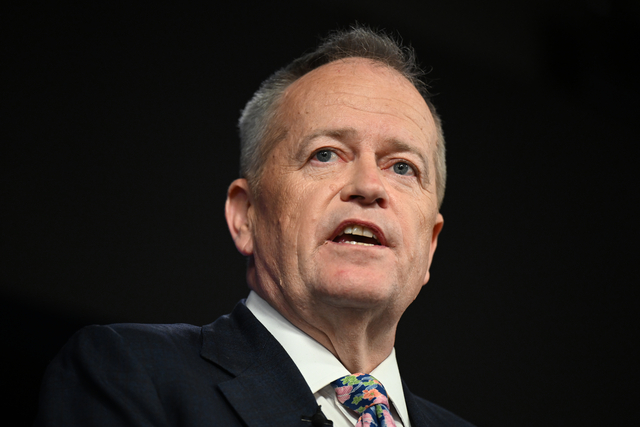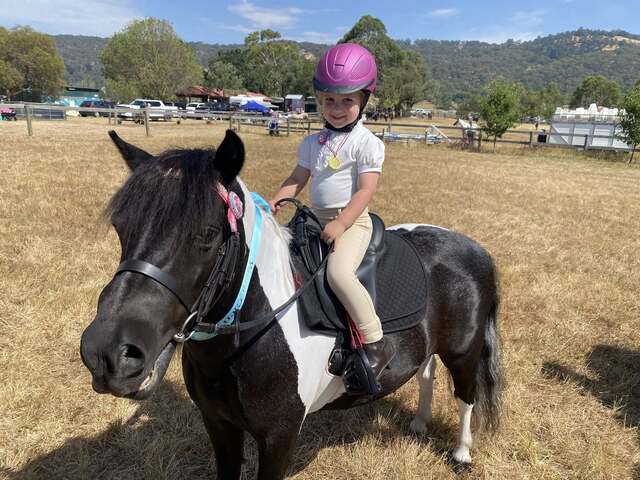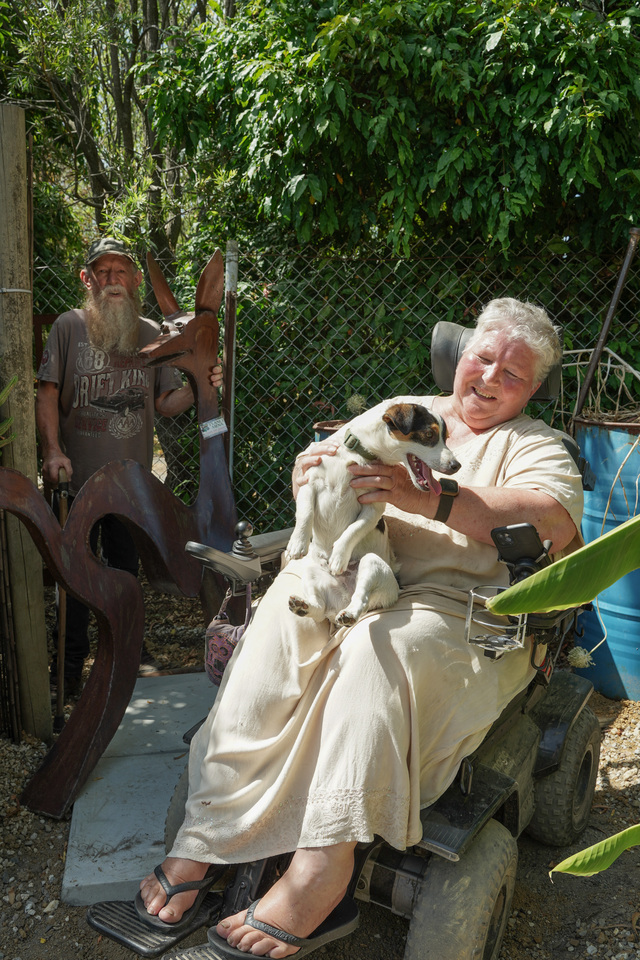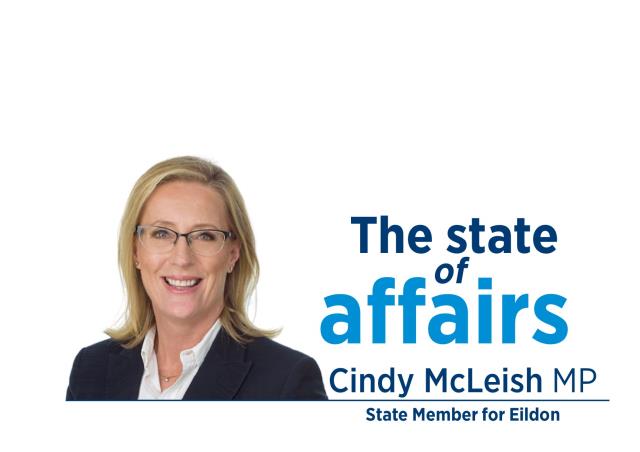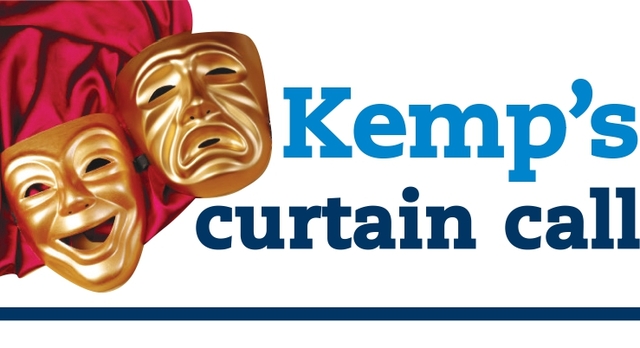A swathe of changes to the National Disability Insurance Scheme (NDIS) supports have now come into place as of 3 October, with clarity provided on where and what NDIS funding can be spent on.
This has caused some chaos for NDIS clients accessing alternative supports who are unsure whether or not they can continue to access their usual services.
Clinical Psychotherapist at animal therapy provider Chantilly Park Learning and Wellness Centre Julie Smith said every client she has seen since the changes has expressed a huge level of anxiety about having their service taken away from them.
“So many have tried room-based therapy and found being outside with the horse incredibly calming, non-confrontational and that it allows them to develop regulation and in turn help build their capacity,” she said.
“After putting some measures in place, like updating and providing further clarity around the
item code we use in our invoicing, the queries have settled down,”
“Our clients won’t be affected by these changes for now as we are registered with PACFA (Psychotherapy and Counselling Federation of Australia), however, it has not stopped our clients from panicking.”
Chantilly Park Learning and Wellness Centre and other providers of outdoor, animal-assisted therapy have been designated as non-evidence-based support, so clients can no longer use NDIS funding to access the service.
Ms Smith said they can and will continue to see clients and provide them with best service they are able to in order to help their mental health and build their capacity to live fuller lives.
“The changes are intended to give participants more choice where they spend their funding but lot of their choices have been taken away, I do think changes needed to be made but I think more consultations and listening to the participants were needed, it all felt rushed with little time for submissions to the senate enquiry,” she said.
“I think the NDIS exclusion of ‘animal therapy’ being banned was intended to exclude animal interactions with non-qualified people which is again not a bad thing, but thinking about some of our clients though, it is concerning,”
“Some live very limited lives due to their disabilities, they need and deserve choice and control and to have options, now sadly some of them are being taken away and from what I have seen it is causing them a lot of stress and anxiety.”
Ms Smith informed the Star Mail that on Friday, Animal Therapies Ltd received confirmation from the National Disability Insurance Agency (NDIA) that ‘animal-assisted therapy is not the same as animal therapy’ and that ‘animal-assisted therapists may incorporate an animal to play a role in a goal-directed, structured intervention’ to help the therapist and client to engage. A psychologist or counsellor could incorporate an animal into sessions to help a client calm, focus or regulate.
MS Smith said the NDIS also appears to be pushing Mental Health Support out of NDIS and encouraging NDIS participants to access services through Mental Health Plans for 10 sessions from their GP, in an already overburdened system.
“None of my clients (nor the ones that seek out mental health support via NDIS) will cope with this and it will see an even bigger issue with our mental health in Australia, people will fall through the cracks and there will be an increase in self-harm and suicide,” she said.
“The people that would have fallen through the cracks are the ones that benefit from being outside and with animals as so many begin to feel safe, heard and truly supported unlike anything else in these types of environments,”
“I have a number of clients who would happily express how the work we do at Chantilly Park Learning and Wellness Centre has changed their lives and given them hope.”
Animal Therapies Ltd are running a campaign advocating for the benefits of animal-assisted therapies and have a survey that anyone interested in filling out can do so at: surveymonkey.com/r/LZJNNVH.
Minister for the NDIS Bill Shorten said he knows many participants are feeling uncertain about these changes, but the supports being accessed by the vast majority of people will not be impacted by the revised lists which are based on existing guidance.
“We now have a central place, set in law, where NDIS participants, their families, carers and providers can go to see what they can use their NDIS funds for,” he said.
“While there have been administrative guidelines previously, we have made it much easier for participants and providers to understand what funding can and can’t be spent on,”
“These changes are the next key step in returning the NDIS to its original intent and improving the Scheme experience for every participant.”
Lists of approved and non-approved supports can be found at ourguidelines.ndis.gov.au/would-we-fund-it/what-does-ndis-fund.
It also includes a list of approved replacement supports, where in specific circumstances, an agreement for NDIS funding to be used for it can be provided in writing by the NDIA.
NDIS funding will also now be provided in plans, which for now won’t go longer than 12 months and outline a total budget amount, funding component amounts and funding periods. This is with the intention of making it clear how much funding is provided and how long it needs to last, with no more funding provided beyond what’s available.
For anyone who accidentally uses NDIS funding to access non-approved support, no debt will be raised for first or second mistakes made in claiming where the support is worth less than $1,500 as people adjust to the new rules. This will not apply if illegal items are purchased.
Most approved supports on the list consist of goods or services directly linked to managing a disability, such as support workers, prosthetics and movement aids or eligible and accredited assistance animals.

